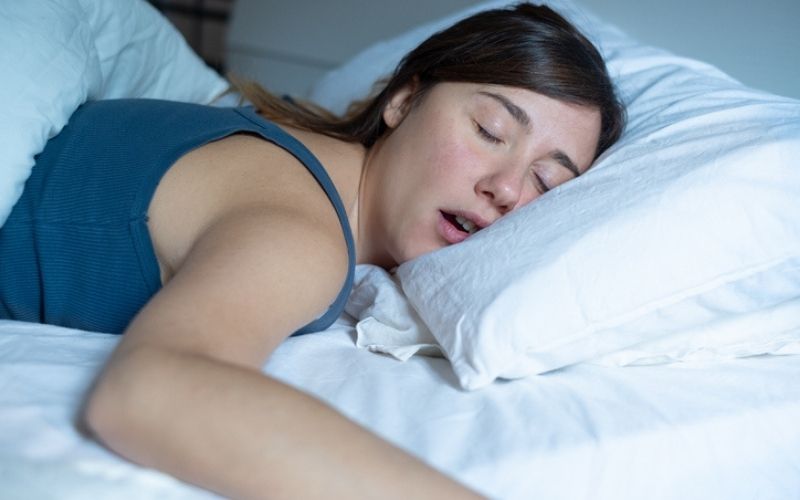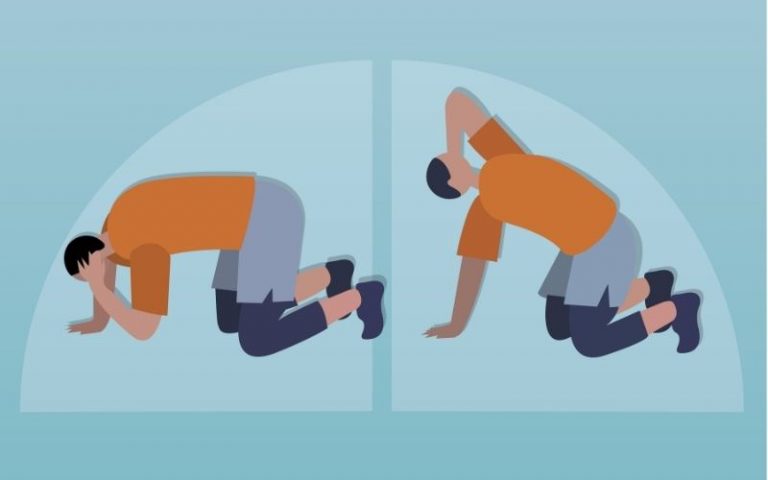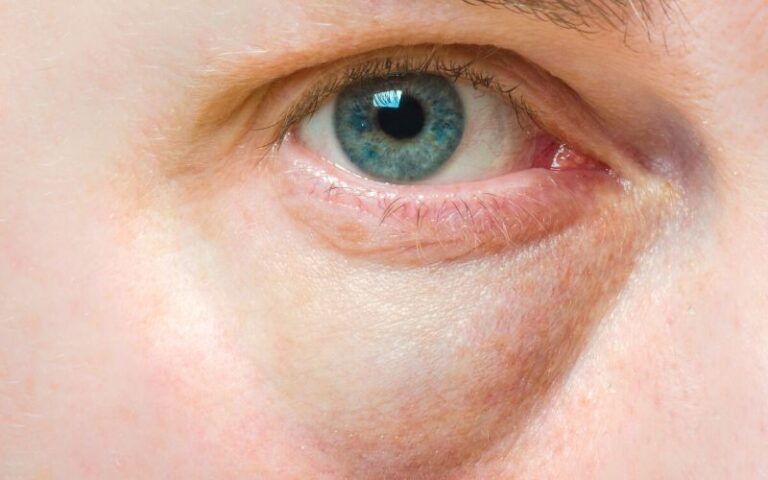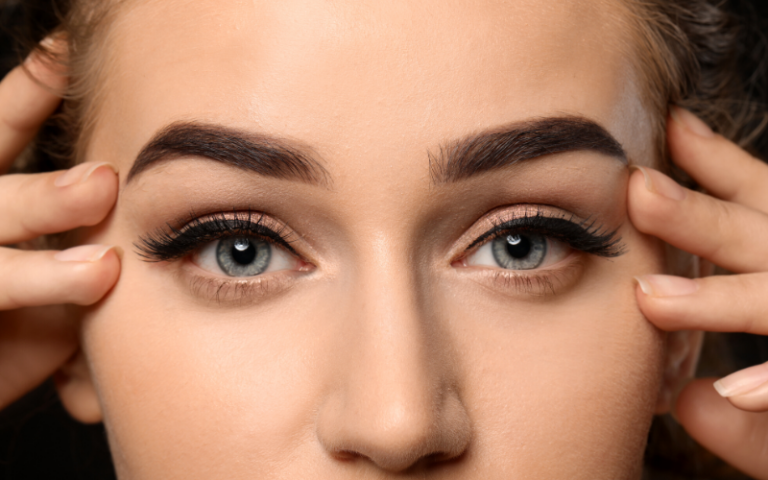Why Mouth Breathing Is Bad For You And How To Stop

Why Mouth-Breathing is Bad for You and How to Stop
How would you feel to know that being a mouth-breather makes you one of the “worst breathers in the animal kingdom”?
Well, that’s exactly what science journalist James Nestor states in Breath: The New Science of a Lost Art as he examines what mouth-breathing does to your health and the impacts it can have on everything from your teeth to your fitness.
Below we will discuss some of his thoughts and share tips on how to stop mouth-breathing to improve your health.
Why Mouth-Breathing is Bad for You
Although we need to breathe to stay alive, the way in which we do so can have direct impacts on our health.
When we breathe normally through our noses there is no effort required as our abdomen gently expands each time we inhale and exhale.
However, when you’re breathing through your mouth, you’re actually breathing through your chest instead.
In doing so, you’re allowing air particles into your system which can easily cause a cold or illness as it’s not being filtered through your nose.
When it comes to mouth breathing, there are typically three types that can range in their consequences:
- Obstructive – Associated with your adenoids or a deviated nasal septum, this causes the inability to breathe through the nostrils effectively which may require surgery.
- Habitual – Often caused by an individual’s mouth being much larger than their nostrils, this form of over-breathing can cause issues within the respiratory system making it harder to access the proper amounts of oxygen needed.
- Anatomic – Any deformity within the airway passage that causes abnormal breathing is considered anatomic and can lead to poor postural issues and sleep apnea.
Why You Should Breathe Through Your Nose Instead
As mentioned above, there is a filtration system that your nose is equipped with which plays a vital role in your immune health.
As you’re breathing in air, it first passes through your nasal hairs within your nostrils that capture pollen and other allergens.
Once in the nasal cavity, the hair-like filters called cilia collect any further bacteria, debris, and dust before they can enter your system.
Our nose then adds moisture to the air to prevent dryness within our bronchial tubes and lungs.
When you’re not breathing through your nose, the air that you’re inhaling doesn’t get a chance to go through this filtration system making you more susceptible to illness.
Training Yourself to Breathe Through Your Nose
James Nestor states that “for the vast majority of us, it comes down to a habit.
Our nose will respond to what is given to it.
So, our noses are covered with erectile tissue, so this tissue will flex, it will flex open, and it will flex closed.
The more you breathe through the mouth, the more this tissue is going to stay closed.
The more you start breathing through the nose, the more this tissue opens. It’s really a ‘use it or lose it’ organ.”
Meaning that we do have the ability to train ourselves to breathe through our noses, but how?
When you notice yourself breathing through your mouth the first step is to become aware of this and make a conscious effort to close your mouth and breathe through your nose instead.
This is able to help in most situations throughout the day, but when it comes to mouth-breathing while you’re asleep, Nestor suggests placing a small piece of surgical tape over your lips before going to bed.
The quality of our sleep can be affected by mouth-breathing and although this may feel uncomfortable at first, it can truly be transformative if done consistently.
Conclusion
If you’re a current mouth-breather, there is hope!
If you don’t know if you’re a mouth breather at night, you’re also able to test this by paying attention to if you wake up with a dry mouth or feel the need to drink a lot of water after waking up.
If so, try the tips above and see for yourself the difference it can make in your life.
Resources:
https://www.sciencefocus.com/the-human-body/mouth-breathing/





